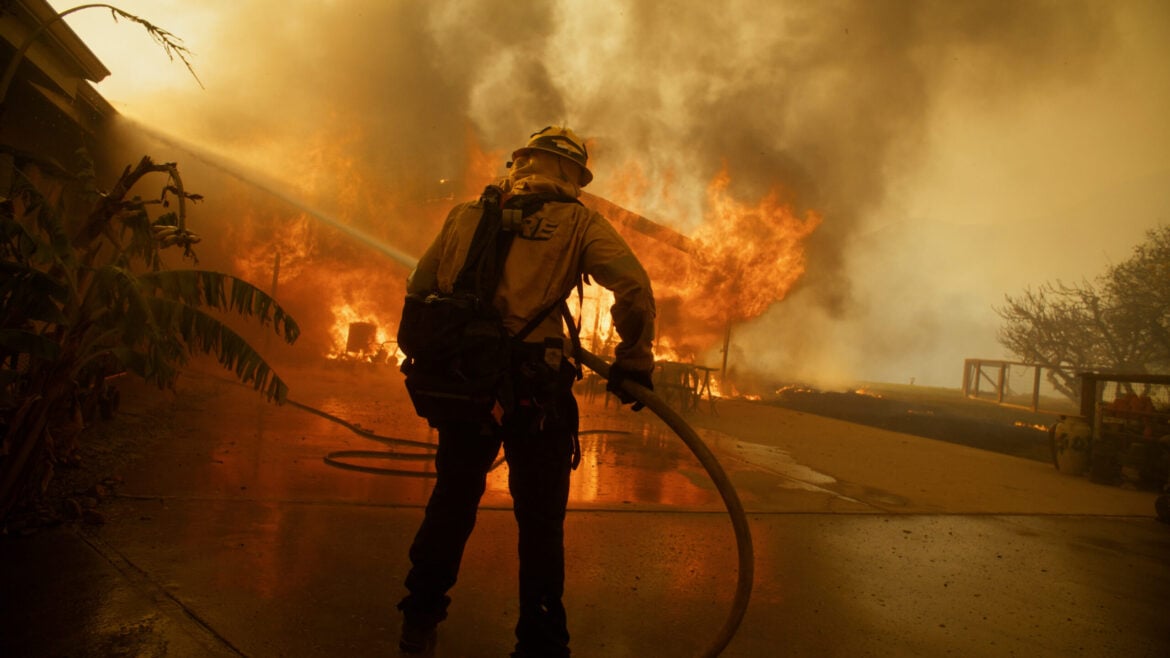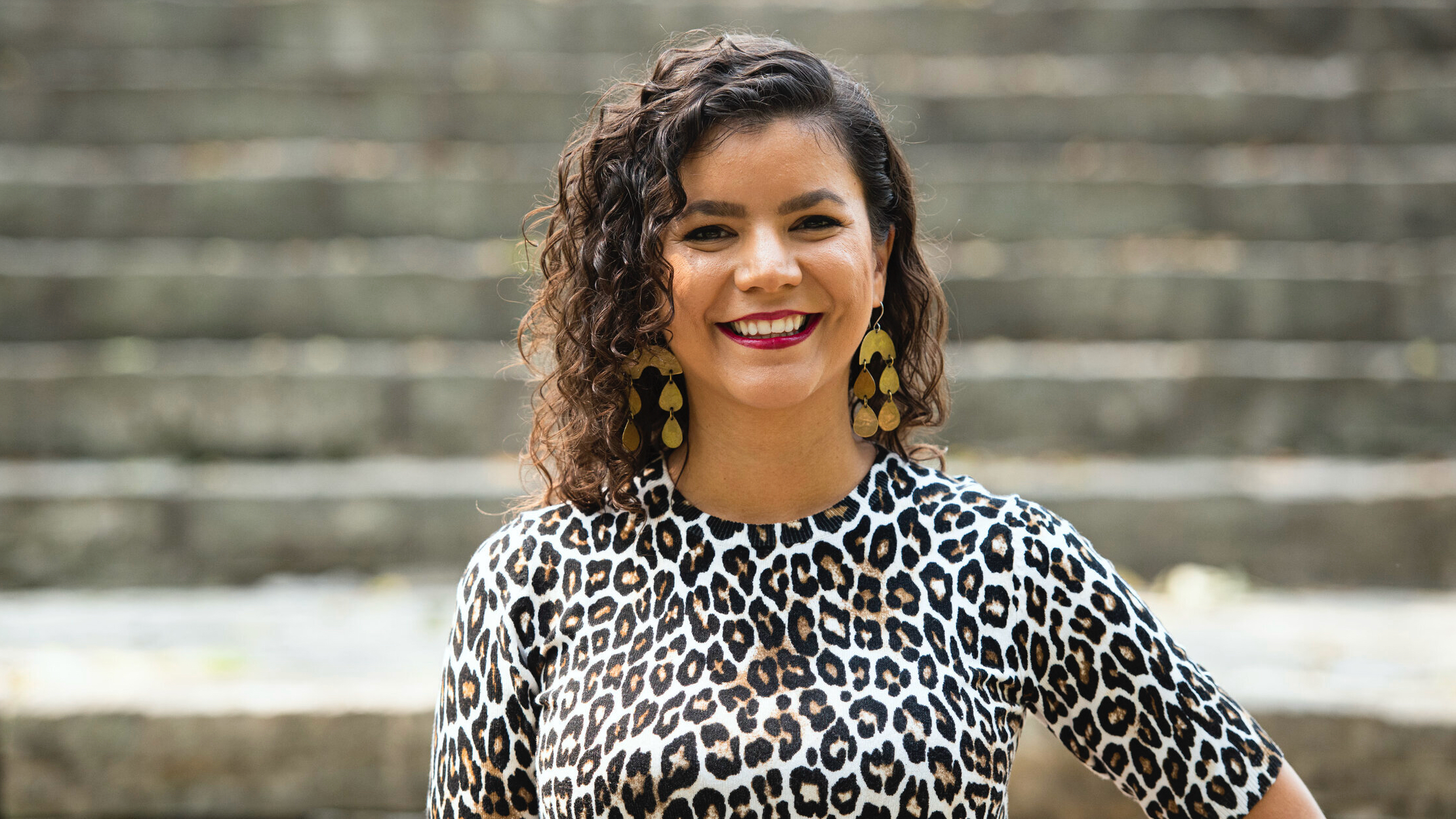Friday roundup: Tell Me More ends; PBS Digital Studios seeks diverse cast

Martin
• Today is the final day of production for NPR’s Tell Me More. Host Michel Martin penned this week’s cover story in National Journal, discussing her struggles balancing career and family as a woman of color. And in The Root, writer and frequent TMM contributor Keli Goff criticizes the end of the show as “the return of the White Guy Era in broadcast media.”
“It is both ironic and sad that Tell Me More’s final program will air while the annual National Association of Black Journalists convention is taking place,” Goff writes. “At the same moment that African-American journalists are being celebrated, we are losing one of the most welcoming platforms on which black journalists appear.”
• As PBS Digital Studios moves into scripted content, it’s looking to hire diverse on-camera talents, reports Backstage. The network’s first scripted series, Frankenstein, M.D., is being produced by Pemberley Digital and has cast two people of color among its five leads. PBSDS Senior Director Matt Graham describes the ideal performer as “that really smart kid that you love hanging out with at the lunch table because she’s smart and funny and does her homework and is just super cool.”
• American Public Media is encouraging member stations to organize viewing and listening parties for A Prairie Home Companion‘s 40th-season opener Sept. 20. A video feed of the show will be livestreamed in addition to the usual radio broadcast, and APM is providing marketing kits and digital tools for stations looking to engage with Lake Wobegon fans.
• A study commissioned by the National Association of Broadcasters and the makers of the NextRadio app indicates consumers are open to downloading the app, which enables listening to broadcast radio using FM chips installed in some smartphones. Conducted by Coleman Insight’s knowDigital division, the study surveyed 801 18- to 49-year-old smartphone owners, who were asked to watch a 90-second video about the NextRadio app. According to the study, 88 percent had a “positive reaction” to the app, and 45 percent said they “definitely would” use the app if it was installed on their phones. Earlier this year, former interim NPR CEO Paul Haaga and American Public Media CEO Jon McTaggart called on cellphone makers to activate the FM chips installed in some smartphones. Haaga and McTaggart argued that access to broadcast radio on smartphones could be invaluable in emergencies.





